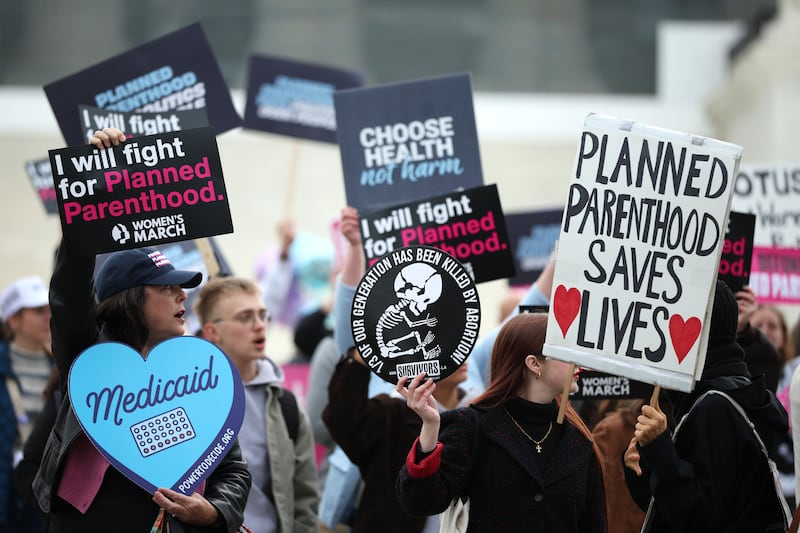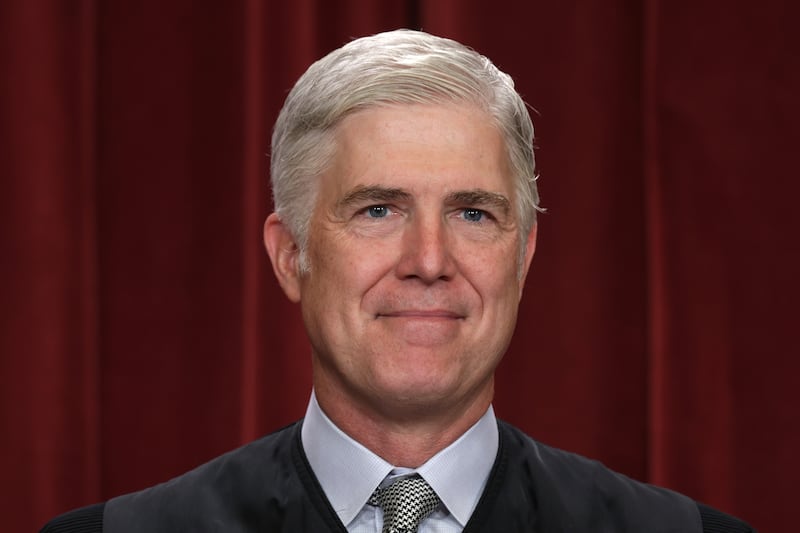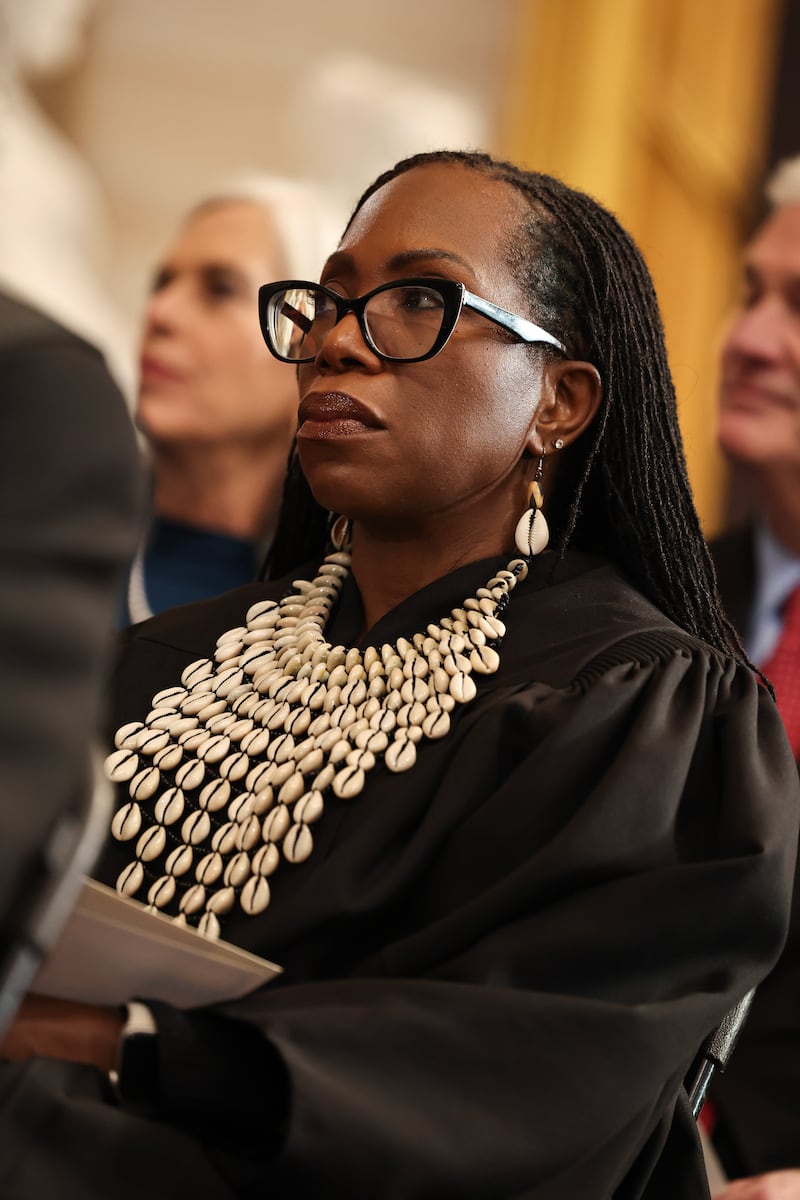The Supreme Court has dealt a major victory to South Carolina Republicans in their fight to defund Planned Parenthood, siding with the state’s move to strip the clinics of their Medicaid funding.
The Court’s Wednesday ruling in Medina v. Planned Parenthood South Atlantic upheld South Carolina’s 2018 order barring Medicaid patients from using the program to cover Planned Parenthood visits. In doing so, it also struck down a landmark effort from Medicaid patients to enforce their right to select their own medical providers.
Falling along ideological lines, the 6-3 conservative majority ruled that individual Medicaid patients cannot sue the state to enforce the program’s “any qualified provider” provision, a long-standing clause that allows patients to select the healthcare provider of their choice.
The ruling effectively killed a suit brought by Planned Parenthood South Atlantic and a Medicaid patient in South Carolina, who had hoped to use the provision to restore Medicaid coverage to the clinics.

The ruling was a watershed moment for South Carolina’s Republican-led state government. In addition to passing one of the country’s most restrictive abortion bans in 2023, the state has also spent the last seven years moving to prevent Planned Parenthood from receiving state and federal funds.
It also comes as the Trump administration moves to strip Medicaid access at the national level, vowing to decimate coverage for anyone it deems undeserving of access to the program.
Medicaid is federally funded, and the Hyde Amendment prohibits federal funds from going to abortion care directly. However, Planned Parenthood clinics are typically covered because they provide a wide range of healthcare services beyond abortions.
South Carolina Gov. Henry McMaster hoped to change that in 2018, when he ruled via executive order that, because the clinics provide abortions, they are ineligible for Medicaid coverage in the state.

Shortly after the executive order, Planned Parenthood’s South Atlantic branch and Medicaid patient Julie Edwards filed suit against the state. Citing the Civil Rights Act of 1871, which allows citizens to sue states for violating their rights, the plaintiffs argued that stripping Planned Parenthood of Medicaid funding was a violation of the “any qualified provider” provision, and thus, a violation of patients’ rights.
The suit was successful in both a district court, where a federal judge ruled the state had likely violated the “any qualified provider” provision, and in an appeals court, before being struck down at the highest level.
Authoring the majority opinion, conservative Justice Neil Gorsuch wrote that although the “any qualified provider” provision means patients may select their own providers, it doesn’t meet the criteria to be considered a civil right. As such, patients aren’t entitled to sue for the provision to be enforced.

In her dissenting opinion, Justice Jackson condemned both the ruling and South Carolina’s larger effort to cut Medicaid funding for Planned Parenthood in the strongest terms. By ruling against a citizen’s attempt to sue for the enforcement of her rights, Jackson warned her conservative colleagues were setting a dangerous precedent.
“The Court’s decision today is not the first to so weaken the landmark civil rights protections that Congress enacted during the Reconstruction Era,” warned Jackson. “That means we do have a sense of what comes next: as with those past rulings, today’s decision is likely to result in tangible harm to real people.”
The post SCOTUS Sides With South Carolina in Fight to Defund Planned Parenthood appeared first on The Daily Beast.




